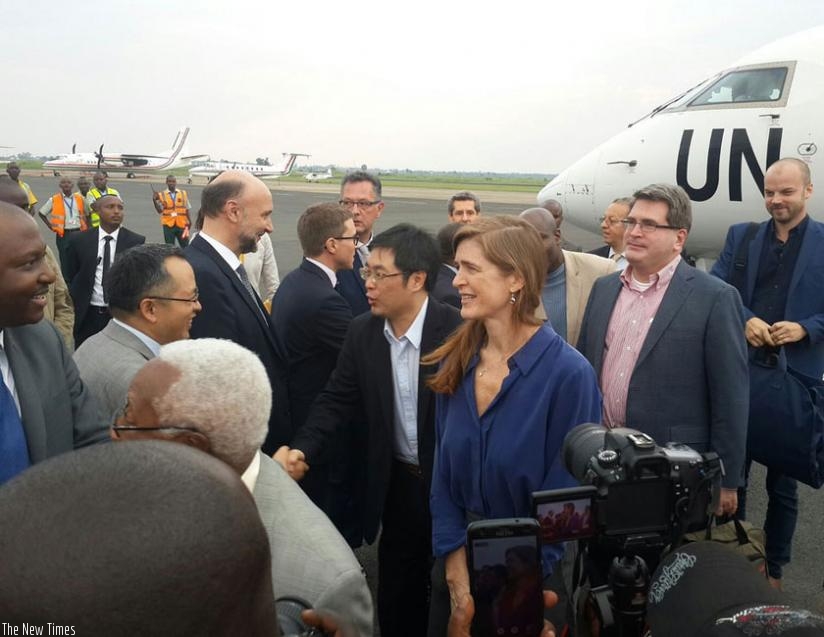Editor, RE: “Africa’s bleak quest for UNSC seat” (The New Times, February 4).


Editor,
RE: "Africa’s bleak quest for UNSC seat” (The New Times, February 4).
I am as Pan-Africanist as they come, but even for me the idea of African permanent members on the UN Security Council strikes no chord whatsoever based on a number of unanswerable concerns.
What would be the point of getting only two African members into this exclusive veto-wielding club while the rest remained outside peering in through the glass windows as their former peers developed the same haughty demeanour as the current holders of these coveted seats?
If the idea is for the two newly promoted members to represent Pan-African interests, forget it; that is unlikely to be the case. All you will have are two new members of the in-crowd looking down at the rest of the great unwashed Africans—the same way in South Africa the new, Black Economic Empowerment minority crowd look down at the rest of their compatriots left far behind by the new economic dispensation in that country.
It is also not certain that African governments can be trusted to act in the best interest of all African peoples, rather than their own narrow interests.
Just look at their recent behaviour in the Burundi case, or their lack of action to make any effort to prevent the Genocide against the Tutsi in 1994.
In any case, how would the choice of who to put forward as permanent member be made? Would the designation be permanent or it is the veto power that should instead be reformed to ensure none keep it or all—including those elected to temporary two-year terms also enjoy veto power during the period?
As you will therefore understand, my concern is not so much to ensure African representation in an institution that itself needs to be extensively reformed and democratized, but rather how real African representation can be ensured with the calibre of Africans we have.
Africans that can’t even take the right decisions on internal African issues, such as the protection of the people of Burundi in the face of a genocidal government, despite the clear finding of their own continental organisation’s Peace and Security Council that the Burundi government was engaged in committing serious atrocities against its own people and that worse was to be feared if protection for those people was not put in place.
Mwene Kalinda


